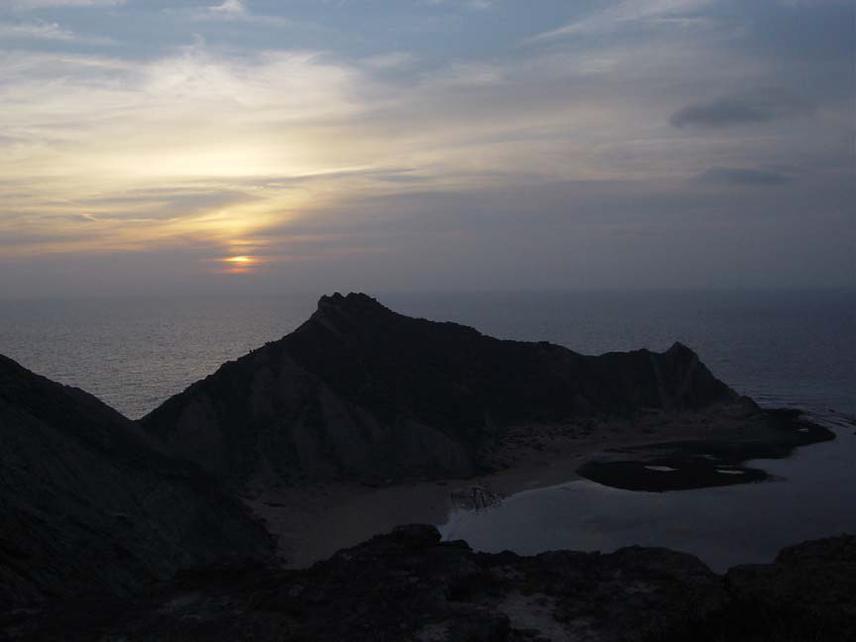Ross Culloch
Other projects
28 Feb 2008
The Ecology and Apparent Threats to Cetaceans within the Arabian Sea Region of the Indian Ocean Sanctuary (IOS) II
In this project, we aim to identify the species that inhabit this region of the Indian Ocean and to answer key ecological questions about these populations, and to identify threats and potential threats they face.

© Wera Lujak
Despite being within the Indian Ocean Sanctuary (IOS), as defined by the International Whaling Commission, very little is known about cetaceans in the Arabian Sea. In this project, we aim to identify the species that inhabit this region of the Indian Ocean and to answer key ecological questions about these populations, and to identify threats and potential threats they face. This is particularly important as the IOS only protects cetaceans from commercial whaling activities, and not from other human activities.
We will collect data from beach surveys, which involves recovery of beach cast cetacean remains. Also, when possible, tissue samples will be taken from dead, stranded animals for future genetic and pollutant analysis, and stomach contents will be collected for future diet analysis. These initial findings will contribute significantly to the structure of future conservation and management initiatives in Pakistan. In addition, these beach surveys will be used as an opportunity to talk with members of coastal communities in order to raise awareness of cetaceans and the project. This will involve distributing leaflets, identification guides, and sightings cards in local languages. These interactions will provide additional information on when, where, and the species of cetaceans that have been sighted. Selected leading members of these communities will be invited to a workshop on cetaceans to be held during the second field season in Karachi. These workshops and interactions with the coastal communities are important in constructing the foundation of a network of coastal communities that will be in place to report cetacean sightings and strandings.
Two members of staff each from Karachi University and from WWF-Pakistan will undergo initial training in species identification, how to work safely with stranded cetaceans (live and dead), sampling procedures, and storage procedures. This will be done before the surveys take place, and will be in the form of lectures and practical work. These four Pakistani colleagues will continue this research after the proposed project is complete and will transfer their newly acquired skills to others.